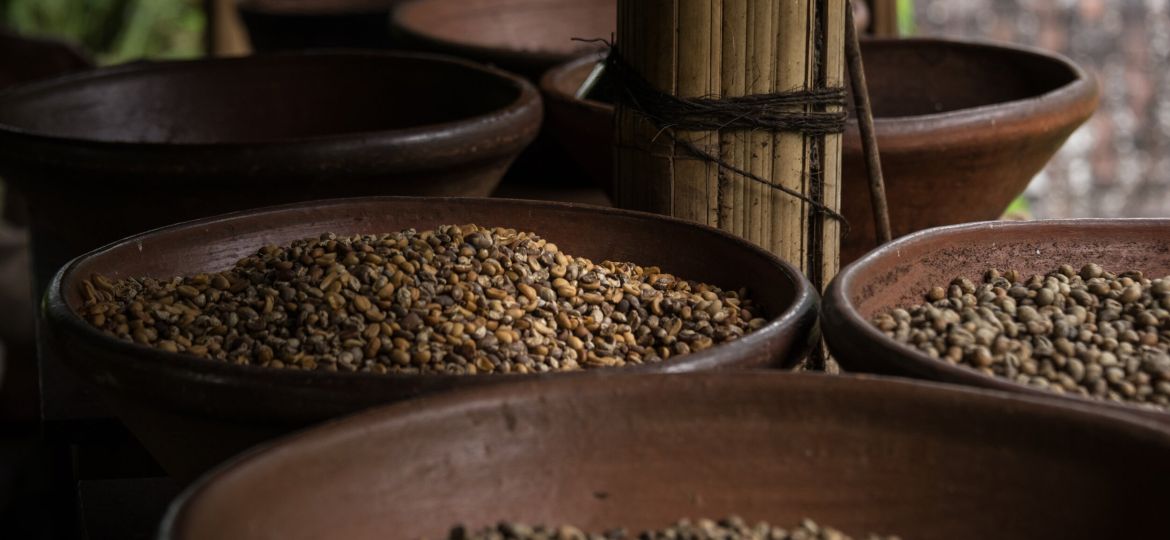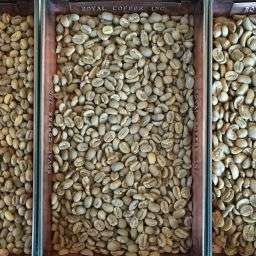
Organic coffee refers to coffee beans grown and processed without the use of synthetic fertilizers, pesticides, or genetically modified organisms (GMOs). The organic certification, awarded by various international and national bodies, ensures adherence to stringent agricultural and processing standards aimed at promoting ecological balance and conserving biodiversity.
Organic certification not only emphasizes environmental health but also supports the well-being of coffee farmers by reducing their exposure to harmful chemicals.
Benefits of Buying in Bulk
Purchasing organic coffee beans in bulk offers several advantages. Cost savings are significant, as buying in larger quantities often results in lower per-unit prices, making high-quality organic coffee more affordable. The environmental impact is also reduced; bulk purchases minimize packaging waste and carbon footprint associated with frequent shipping.
Moreover, buying in bulk ensures freshness; consumers and retailers can store beans in optimal conditions, grinding them as needed to enjoy the freshest cup of coffee possible.
Types of Organic Coffee Beans
Sumatran Organic Coffee: Grown on the Indonesian island of Sumatra, this coffee is renowned for its full body and smooth, rich taste. The unique wet-hulling process used in Sumatra contributes to its distinctive earthy and spicy flavor profile.
Ethiopian Organic Coffee: Ethiopia, the birthplace of coffee, offers beans that are often hand-picked and boast a wide variety of flavors. Ethiopian coffees, such as the Yirgacheffe, are known for their bright acidity, light to medium body, and complex flavor notes that can range from floral and citrus to chocolate.
Mexican Organic Coffee: Mexico produces a range of organic coffees, including those from the Chiapas region, which are often shade-grown. Mexican organic coffee typically features a light to medium body, with a smooth taste and a hint of nuttiness, making it a popular choice for those who prefer a milder coffee.
Choosing the Right Supplier
When selecting a supplier for bulk organic coffee beans, it’s crucial to consider certification, origin, and roasting process. Certification is paramount; it ensures the coffee meets stringent organic standards, safeguarding against the use of prohibited substances and practices. Suppliers should be transparent about their certifications, ideally offering products certified by recognized organizations such as USDA Organic or Fair Trade.
The origin of the coffee is equally important. Different regions offer unique flavor profiles, and knowing the origin can help in selecting beans that meet specific taste preferences. Suppliers who provide detailed information about the farms and cooperatives from which they source beans demonstrate a commitment to quality and sustainability.
Lastly, the roasting process significantly affects the coffee’s flavor and quality. Suppliers who roast on demand or shortly before shipping ensure fresher, more flavorful beans. Inquire about the roasting techniques and freshness protocols to ensure you’re getting the best product possible.
Storage and Preservation
Proper storage and preservation are key to maintaining the freshness and flavor of bulk organic coffee beans. Beans should be stored in an airtight container away from direct sunlight, heat, and moisture to prevent them from going stale.
While some prefer to freeze coffee beans to prolong their shelf life, doing so can alter their taste and quality. Instead, store them in a cool, dark place and only grind the amount needed for immediate use to preserve their freshness.
For optimal longevity, consider dividing the coffee into smaller portions, keeping the bulk of it in a sealed container and a smaller amount in a more accessible container for daily use. This minimizes exposure to air and keeps the beans fresher for longer.
Brewing Methods
The brewing method plays a significant role in unlocking the full potential of organic coffee beans. Different methods can highlight various aspects of the coffee’s flavor profile.
Pour-over is ideal for those who appreciate the intricate flavors and aromas of coffee. This method allows for precise control over the brewing time and temperature, accentuating the beans’ subtle notes.
French press brewing extracts deep flavors and oils, resulting in a full-bodied cup. It’s suitable for coffees with rich, robust profiles.
Espresso machines are perfect for lovers of strong, concentrated coffee. They best serve beans with bold, intense flavors, creating a rich crema and a potent shot of coffee.
Choosing the right brewing method depends on personal taste and the characteristics of the coffee beans. Experimenting with different methods can help discover the perfect brew that highlights the unique qualities of your organic coffee.
Fair Trade vs. Organic
Fair Trade certification focuses on the social and economic aspects of coffee production, ensuring that farmers receive fair prices and work under equitable conditions. It complements organic certification, which prioritizes environmental health by prohibiting synthetic inputs in farming.
While distinct, both certifications share a common goal of sustainable and ethical coffee production. Fair Trade often supports organic farming practices by providing farmers with higher premiums for organic products, thus encouraging sustainable cultivation methods.
Impact on Coffee Farmers and Environment
Choosing organic and Fair Trade coffee supports sustainable practices that benefit both coffee farmers and the environment. Organic farming reduces chemical exposure for farmers, promoting healthier working conditions and protecting water sources and biodiversity.
Fair Trade practices ensure farmers receive a fair wage, improving their communities’ quality of life. Together, these certifications foster a sustainable coffee industry by promoting environmental stewardship, fair compensation, and community development, contributing to a more equitable and sustainable coffee supply chain.
FAQs
Q: How long can you store bulk organic coffee beans?
A: Properly stored, bulk organic coffee beans can maintain their freshness for up to six months in an airtight container kept in a cool, dark place.
Q: What are the best brewing practices for organic coffee?
A: Use fresh, filtered water and grind beans just before brewing. The optimal water temperature is 195°F to 205°F for extracting the full flavor without bitterness.
Q: Does organic farming affect coffee quality?
A: Yes, organic farming can enhance coffee quality by promoting healthier soil and plant health, leading to beans with more nuanced flavors compared to conventionally farmed counterparts.
Final Thoughts
Choosing bulk organic coffee beans is not just a cost-effective option for coffee lovers; it’s a conscious decision supporting sustainable agriculture and fair labor practices. By prioritizing organic and Fair Trade coffees, consumers contribute to a healthier environment, improved livelihoods for farmers, and enjoy a superior coffee experience that benefits everyone involved in the coffee supply chain.









